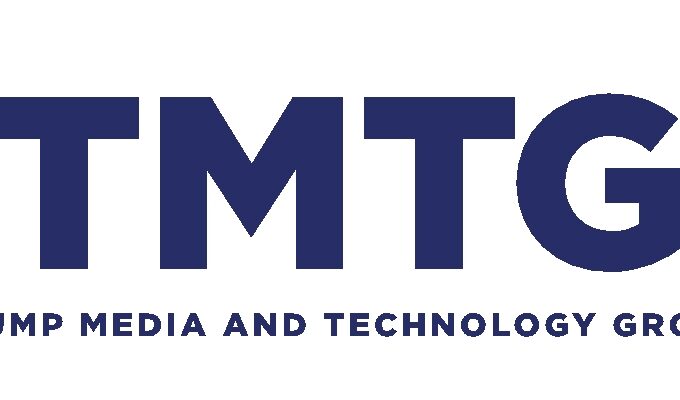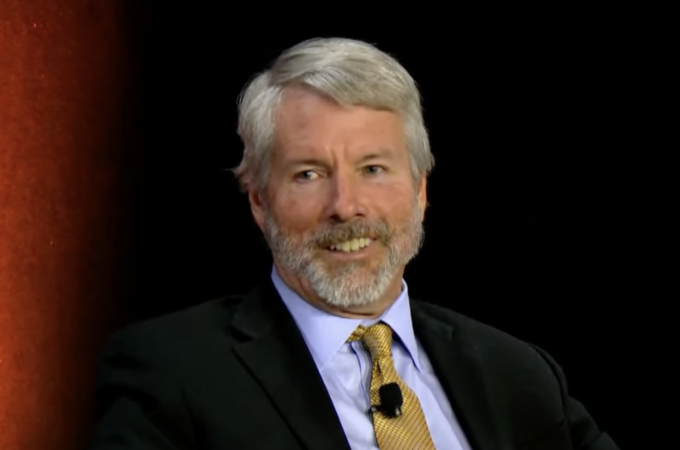
Myanmar’s First Tech Accelerator Is Propelling Forward Next Generation Of Startups
Fanny Potkin for Forbes
On the 11th floor of a downtown Yangon high-rise, a crowd of budding entrepreneurs listens attentively to advice on how to successfully pitch investors. Andy Annett, managing director of TODAY Ogilvy & Mather Myanmar, gives tips on public speaking and branding, while Aung Sithu Kyaw, CEO of market consultancy Xavey, describes how to structure a pitch deck.
It’s a scene not so dissimilar to what happens in Silicon Valley and other tech capitals, yet it would have been unimaginable in Myanmar five years ago, when less than one percent of all Burmese had access to the web.
Nowadays, thanks to Phandeeyar, the 6,000 square foot tech hub that’s organizing the event, it’s an almost weekly one. Buoyed by a booming economy and a youthful population of over 52 million, Myanmar’s startup ecosystem is thriving. Phandeeyar, whose name means “creation place,” stands as one of its central nerves, and its role is bound to expand as it launches the country’s first tech accelerator.
“Our overarching mission is to foster the technology ecosystem, help it grow, and help the people in the entities within this ecosystem increase their impact,” explains Jes Kaliebe Petersen, the director of Phandeeyar’s accelerator.
The launch of the Yangon tech center came simultaneously to the entrance of foreign telecoms on Myanmar’s newly liberalized market, resulting in a meteoric drop in SIM card prices and millions of new subscribers. But unlike other developing nations, Burmese mobile users overwhelmingly leapfrogged basic handsets in favor of smartphones.
“What’s happening here, it’s unprecedented,” says Petersen. “I’ve worked in other emerging markets, but I’ve never heard of anywhere else like this. There’s probably around 45 million active SIMs in the country.”
For those customers, right now, the web signifies mostly Facebook and Viber. If Phandeeyar gets its way, that will soon start changing, as it helps startups capitalize on Myanmar’s fast growing internet user base.

The Phandeeyar accelerator team (Courtesy of Phandeeyar).
Since its creation, the ICT hub has hosted over a hundred tech related events, including founder meetups, seminars, and workshops with international speakers. It collaborates actively with civil society and NGOs on how to maximize their use of data and digital advocacy, as well as on designing civic tech.
A number of tech’s heavy hitters have proven early supporters. Core backers include Ebay founder Pierre Omidyar’s philanthropic investment firm Omidyar Network, Google’s Eric Schmidt’s namesake family foundation, and George Soros’ Open Society.
“We’ve been focusing more and more on how we can support the development not only of the tech community but also of tech startups, and that’s really how the idea of the accelerator came about,” comments Jes Kaliebe Petersen.
Startups accepted into the accelerator each receive $25,000 in seed money as they undergo a 6 months training program. Fifteen to twenty startups are expected to take part across the next three years. The first cohort, which will start on September 1st and is currently being selected, will only contain around four to six teams.
“It’s really important to us that we only take in startups that we believe can actually succeed,” says Petersen. “What we are looking at is, first the quality of the team and then an ability to understand the Myanmar market.”
For the capital heavy initiative, Phandeeyar received $2 million in grant funding from Omidyar Network and is raising further funds.
“There’s a lot of startup activity in Myanmar, but all the funding they raise is outside the country, usually through investors in the region,” he notes.
According to Thar Htet, who acts as Phandeeyar’s startup coach and is the founder of IT firm Zwenexsys, local investors tend to lack an understanding of the tech world and get disappointed by its lack of quick financial returns.
“On the consumer side, things are moving really fast,” says Thar Htet. Yet, “on the infrastructure side, there a lot of challenges to be solved, like payments and logistics. But it also means good opportunities for startups.”

(Courtesy of Phandeeyar)
The need for external investors creates its own set of issues, as foreign investment in Myanmar is regulated through opaque and often antiquated laws. As Petersen and Thar Htet point out, having foreign shareholders in Myanmar requires first depositing $50,000 when you start the company.
For that reason, as well as because of murky intellectual property laws, the majority of Myanmar’s startups choose to incorporate in Singapore. Phandeeyar will be doing the same with the accelerator’s first cohort.
“Singapore is actually getting richer because of all those guys,” jokes the Burmese entrepreneur. While it will likely be years before that changes, the accelerator team believes it can still help make Myanmar more propitious for investors and founders alike.
Navigating startups through this complicated financial and bureaucratic environment is a main aim of the accelerator, but it‘s far from being the only perk.
“During the six months, the startups get free office space here, free services from our partners, and mentorships from tech and business leaders,” says Petersen. In exchange, the accelerator takes 12% of each company through a convertible note.
Sponsors donated up to $200,000 worth of services, meant to offset as much as possible the costs of being an early stage startup. Some big names participating include Facebook (free advertising credits), Amazon Web Services and Microsoft Bizspark (free cloud hosting), PwC (complementary financial management), and TODAY Ogilvy & Mather (free public relations and marketing services).
Many of Phandeeyar’s partners see it as a mutually beneficial opportunity.
“We want to be there on the ground floor of the startup ecosystem and help those startups monetize what they are doing,” explains Brad Jones, CEO of Wave Money, a mobile money venture that is waiving its transaction fees for the cohort’s participants. “It helps expand the economy and puts us both in a strong position.”
At the end of the program, Phandeeyar arranges pitch meetings with leading venture capitalists as well as angel and seed investors from across Southeast Asia.
Petersen and Thar Htet are pragmatic about their startups’ odds for success. “A lot of the teams we’ll take on will not survive the first year or so,” says Petersen. “Startups everywhere fail. Startups in Myanmar also fail. But we very much expect that some will succeed.” For Thar Htet, “even if a startup fails, it’s a good thing because the founders will learn from it and use the experience to start other projects.”
Both have one hope, that the accelerator can act as a multiplier by creating successful role models that can help inspire more entrepreneurs.
”We’ve got to facilitate it so that the new generation can take over and bring Myanmar to its highest.”





